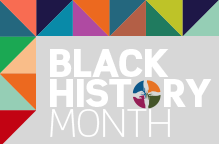 This October is Black History Month, a month dedicated to celebrating the history, achievements and contributions of black people in the UK. Although we should honour the successes throughout the year, it provides a special focus on their lives and experiences.
This October is Black History Month, a month dedicated to celebrating the history, achievements and contributions of black people in the UK. Although we should honour the successes throughout the year, it provides a special focus on their lives and experiences.
We want to honour our own staff around the University, by learning more about their interests, likes and dislikes and aspects of their culture, to get a sense of their stories and histories.
For our first blog, we spoke to Anne Oyewole, a Research Associate currently working with the Stroke Research Group, to find out more about her.
How did you end up in Newcastle?
About 13 years ago I applied for an MRes at Northumbria University and ended up being awarded the post which was a collaboration with a chemical company, so that was unique and fun. I thought at the time because I was coming up from London that I would only be here for a year, but one year evolved into thirteen years! Since then I have completed my PhD at Newcastle University and held a few postdoc positions, so it’s great to still be here.
How did you become involved in your role?
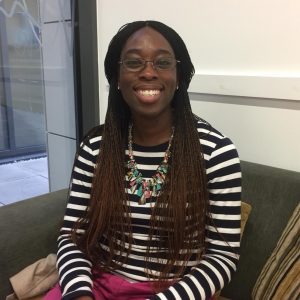 I completed my PhD in Dermatology followed by a couple of postdoc positions in this department. I then joined the Neuromuscular team within the John Walton Muscular Dystrophy Research Centre (based at the Centre for Life) as the Post-marketing Surveillance Coordinator. In this role, I was responsible for supporting pharmaceutical companies with Phase IV studies for their licensed therapies. I was keen to gain more hands on experience setting up and delivering a clinical study, so I moved to the Stroke Research Group, where I am coordinating a clinical study evaluating the diagnostic accuracy of a point of care device. All the expertise, knowledge and experience I have gained over the last decade have been extremely valuable and helped me to secure my new role (which I’ll start in December 2019) as the Programme Manager for medical devices, diagnostics and digital technologies within the NIHR-Innovation Observatory, the national medical horizon scanning facility based at Newcastle University.
I completed my PhD in Dermatology followed by a couple of postdoc positions in this department. I then joined the Neuromuscular team within the John Walton Muscular Dystrophy Research Centre (based at the Centre for Life) as the Post-marketing Surveillance Coordinator. In this role, I was responsible for supporting pharmaceutical companies with Phase IV studies for their licensed therapies. I was keen to gain more hands on experience setting up and delivering a clinical study, so I moved to the Stroke Research Group, where I am coordinating a clinical study evaluating the diagnostic accuracy of a point of care device. All the expertise, knowledge and experience I have gained over the last decade have been extremely valuable and helped me to secure my new role (which I’ll start in December 2019) as the Programme Manager for medical devices, diagnostics and digital technologies within the NIHR-Innovation Observatory, the national medical horizon scanning facility based at Newcastle University.
What are your main hobbies and interests outside of work?
I’m very passionate about dancing. I love dancing, in particular Bollywood dancing which I do at Dance City. I also enjoy ballroom and Latin dancing and Afro Mix, which is a mixture of different African styles of dance. I love cooking dishes from all over the world and I’m often inviting friends over, so that I can cook and bake for them. Over the last few years, I’ve set myself cooking/baking goals and this year my goal is to improve my bread baking skills as well as perfect my pastry techniques. So far this year I’ve enjoyed making croissants, naan bread, shortcrust pastry, bagels, Challah and all sorts.
What would you regard as your proudest achievement?
Though I have a lot to be proud of, one that stands out for me is having done my A levels and not getting the grade that I was expecting. Getting a lower grade meant I didn’t get into my first choice university and I remember at that time feeling my whole world had crumbled around me, it seemed very difficult to see how I was going to move forward. My family were all very supportive, and said, “It really wouldn’t be terrible to go to your second choice!” Although I wasn’t expecting to go to my second choice university, I continued and had a great time there. My passion and joy for science didn’t diminish in that time – if anything it increased, and so I was inspired and encouraged to go on to pursue postgraduate studies.
I think the thing I am proud of is that at the time it was difficult to see how things would come together, but actually things have turned out really well. Something that my parents instilled within me was to appreciate my education and to be disciplined and work hard. Being disciplined has been a real blessing as I’ve been able to go on from my Biology degree to complete my MRes (Masters) and PhD as well as to go on with my research career.
What’s the biggest challenge you have faced?
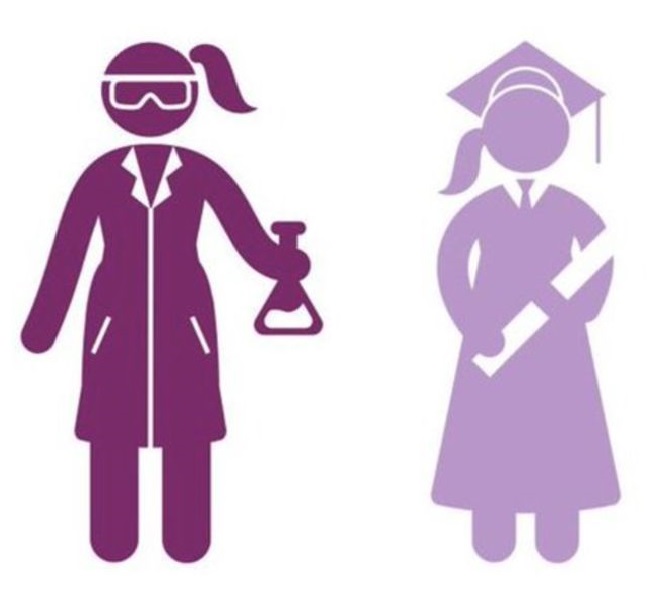 Completing my PhD thesis!
Completing my PhD thesis!
I think some of the challenges I experienced before and during my PhD journey helped me to develop a good measure of resilience, which was so important in getting me through the writing up phase of my PhD, along with a supportive supervisor (Prof. Mark Birch-Machin) and my family and friends. Obviously in life there are always going to be challenges we face that don’t always lead to a positive outcome but I’ve been reminded recently through personal challenging circumstances I’m facing, that these times can be good opportunities to learn and grow.
What inspires you?
One of the things that shapes me would be my Christian faith. My trust in and love for Jesus inspires and encourages me to look out for and love other people. My faith is also the reason I love science – I love learning more about our universe and understanding more about the human body.
Can you give me a selection of your favourite things from your culture?
I mentioned dancing and that’s definitely something from my culture as well as listening/dancing to Afrobeats, there’s a real joy in being able to move so freely and rhythmically to the beat – I love that! I love wearing colourful clothing and eating Nigerian food such as jollof rice with plantain and moi moi. Growing up in London meant that I was exposed to a lot of different cultures, so as well as enjoying eating food from other countries I enjoyed learning about different cultures too.
In the Nigerian culture it’s very important that you respect your elders and this is instilled within you from a child. I’m really thankful that this is the case, as It’s sad when I see older people in our society not being respected or just ignored because their ideas, opinions, knowledge, expertise and life experience are not seen as valuable, which is not the case! Older people have so much to contribute to our society.
What do you think about when you hear “Black History Month”?
Firstly, I think of the legacy left by great heroes such as Martin Luther King Jr and Harriet Tubman and countless unsung heroes. It’s great that we have the opportunity to celebrate the accomplishments of so many black people throughout history this October. Whilst there is lots to celebrate, Black History Month is still a reminder that there is still lots to be done to bring about further change. Going forward it’s important to see more engagement and open dialogue on current racial issues across all sectors of our society, as so many people today still face discrimination because of their ethnicity.
Thank you so much to Anne for taking the time to speak with us. We hope you enjoyed getting to know a bit more about her and her story (and maybe have been inspired to try some baking?).
We’ll hopefully be running this blog series for the next few weeks, so if you would be interested in talking to us about yourself, or know someone else who would, we would love to hear from you! To take part, please contact Claire Bailie.


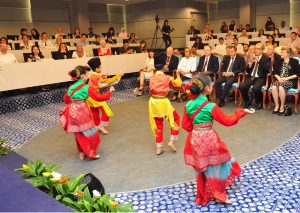 On 21st September 2019, Newcastle University Medicine Malaysia (NUMed) turned 10. Since welcoming its first cohort of students in September 2009, this first international branch campus of Newcastle University has been delivering exceptional medical education in Malaysia, extending the legacy to the Southeast Asian region. NUMed’s global community of students, faculty, staff and alumni convened to celebrate this momentous milestone, which was marked by a medley of local cultural performances and moving speeches by international and local leaders in education. Prof. Baldwin imparted his thoughts on what he observed were the makings of NUMed’s success: the excellence of all its staff, both academic and professional; the cooperation between NUMed, Newcastle University, UK, and NUMed’s partners in Malaysia; and the openness and collegiality of the NUMed community, whether international or local.
On 21st September 2019, Newcastle University Medicine Malaysia (NUMed) turned 10. Since welcoming its first cohort of students in September 2009, this first international branch campus of Newcastle University has been delivering exceptional medical education in Malaysia, extending the legacy to the Southeast Asian region. NUMed’s global community of students, faculty, staff and alumni convened to celebrate this momentous milestone, which was marked by a medley of local cultural performances and moving speeches by international and local leaders in education. Prof. Baldwin imparted his thoughts on what he observed were the makings of NUMed’s success: the excellence of all its staff, both academic and professional; the cooperation between NUMed, Newcastle University, UK, and NUMed’s partners in Malaysia; and the openness and collegiality of the NUMed community, whether international or local.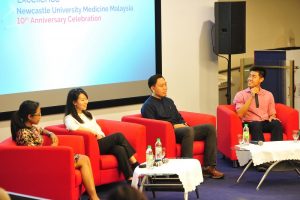 Fast forward ten years, and the FMS EDI Team and the School of Medical Education Academic EDI Lead have been proud to support colleagues at NUMed to form their own EDI committee comprising 11 members of staff, a mixture of PS and academic staff plus two students. The team at Malaysia took the initiative to hold discussions with their counterparts in Reading and Southampton prior to setting up the EDI committee. These two campuses, along with Nottingham and Herriot-Watt, do not have local EDI committees, as a result NUMed has been a trailblazer, as the first campus in the region to look at EDI from a local perspective.
Fast forward ten years, and the FMS EDI Team and the School of Medical Education Academic EDI Lead have been proud to support colleagues at NUMed to form their own EDI committee comprising 11 members of staff, a mixture of PS and academic staff plus two students. The team at Malaysia took the initiative to hold discussions with their counterparts in Reading and Southampton prior to setting up the EDI committee. These two campuses, along with Nottingham and Herriot-Watt, do not have local EDI committees, as a result NUMed has been a trailblazer, as the first campus in the region to look at EDI from a local perspective.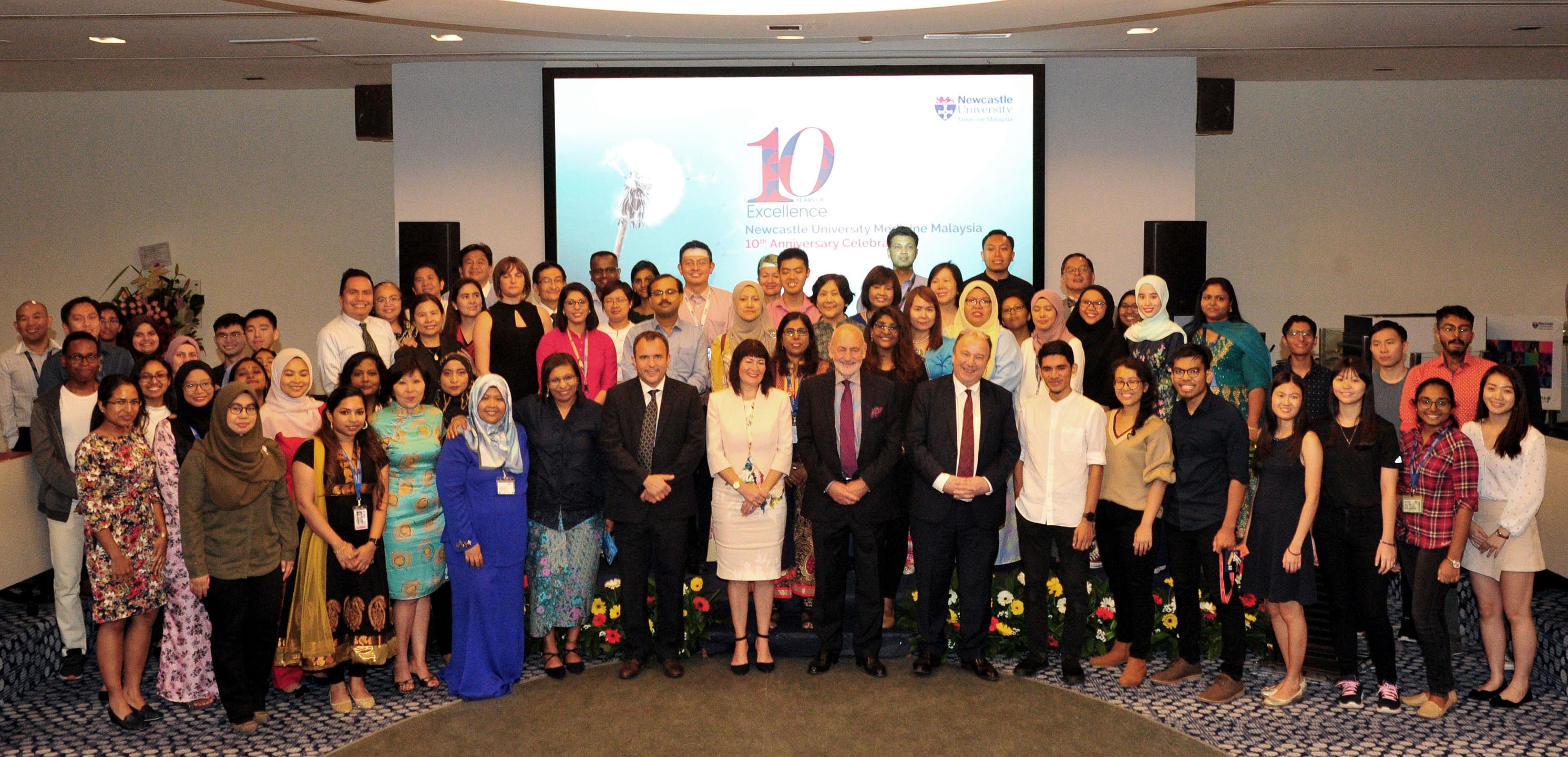
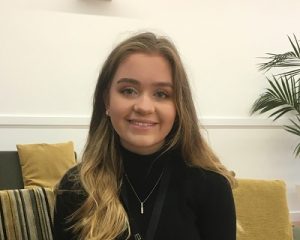 My name is Claire Bailie, I’m from Northern Ireland and I will be working with the FMS EDI team for this academic year. I study Psychology at Newcastle University and am completing this role as part of a professional placement year, before my final year of study in 2020. After applying for a variety of placements I decided that working with EDI was the position I felt most passionately about. My role will mainly consist of assisting on research projects and carrying out communications to help with the promotion of the EDI Office’s work across the faculty. I am particularly passionate about EDI as I have a sibling with a hidden disability, and as a result am very conscious of the impact that a lack of awareness and inclusion around these issues can have, especially within higher education. I am honoured to be a part of the team this year, and will leave you with a quick reminder:
My name is Claire Bailie, I’m from Northern Ireland and I will be working with the FMS EDI team for this academic year. I study Psychology at Newcastle University and am completing this role as part of a professional placement year, before my final year of study in 2020. After applying for a variety of placements I decided that working with EDI was the position I felt most passionately about. My role will mainly consist of assisting on research projects and carrying out communications to help with the promotion of the EDI Office’s work across the faculty. I am particularly passionate about EDI as I have a sibling with a hidden disability, and as a result am very conscious of the impact that a lack of awareness and inclusion around these issues can have, especially within higher education. I am honoured to be a part of the team this year, and will leave you with a quick reminder: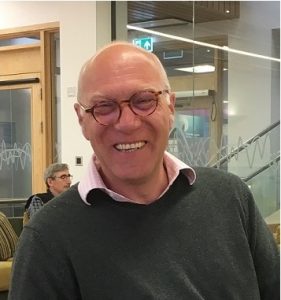
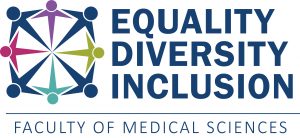 What has been your favourite thing about the role so far?
What has been your favourite thing about the role so far?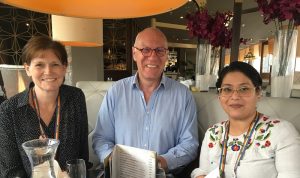

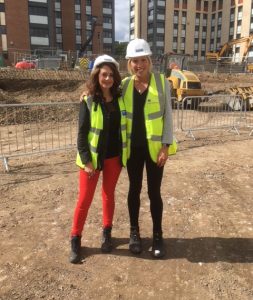
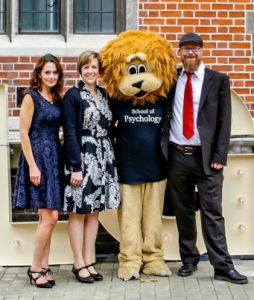
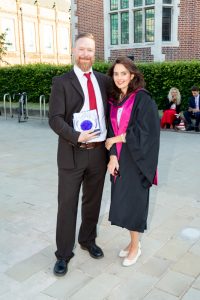 What advice would you give to your successor?
What advice would you give to your successor?